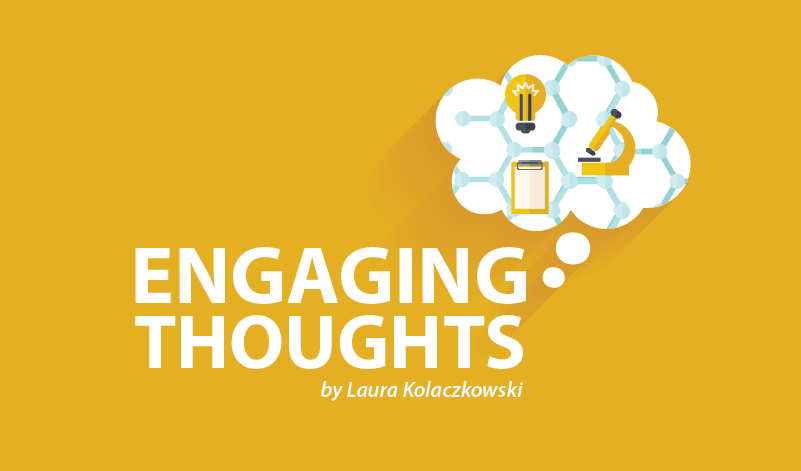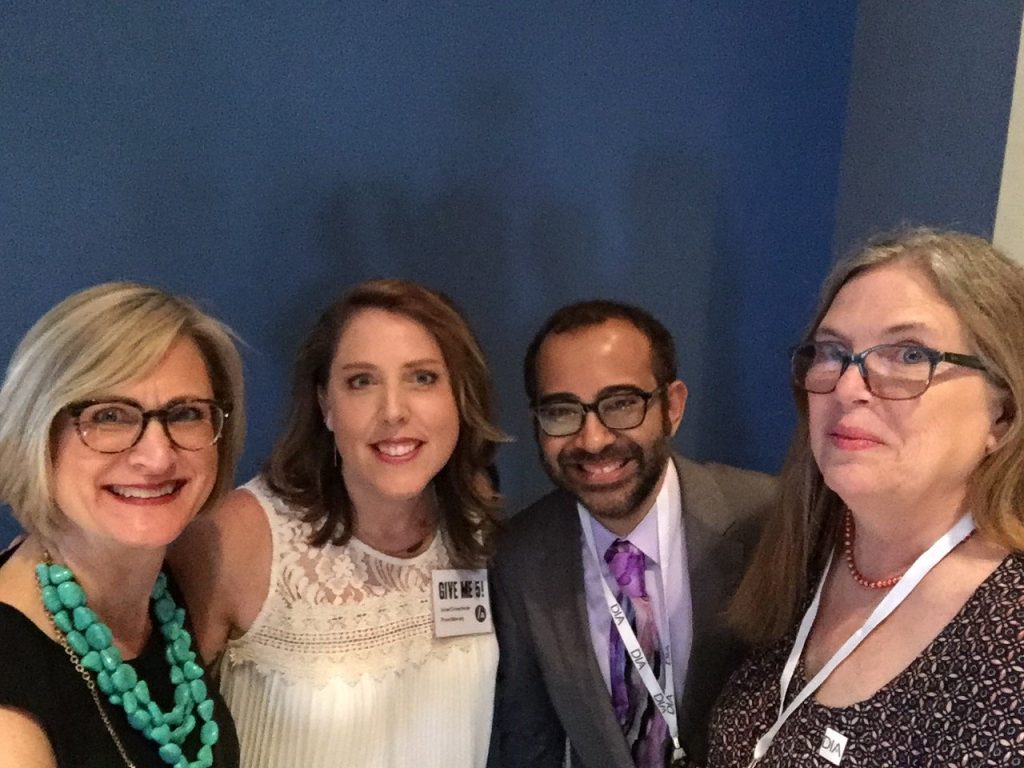The Importance of Patients Having a Voice in MS Research
Written by |


I recently spent time at the annual meeting of the Drug Information Association (DIA), listening to presentations and talking with industry representatives about the multiple sclerosis community’s needs.
DIA is a nonprofit association that has been around more than 50 years. Their primary interest is the development of healthcare products — drugs and devices — and supporting innovation in these areas. It has only been in the past decade that patient advocates have been included in the DIA’s annual meeting, and last year I attended as a DIA Patient Fellow.
The theme for DIA 2017 was “Driving Insights to Action.” And as its website noted, DIA “is the only global organization dedicated to bringing health care product development professionals together in a trusted, global, neutral environment to share insights and drive action in health care product development and life cycle management.”
Although DIA has made a commitment to including a patient advocate’s voice in their meetings and work, I would be less than honest if I didn’t say at times it feels like an uphill climb. Even their statement about DIA 2017 “Driving Insights to Action” includes only professionals in healthcare product development, and no mention of the people they are meant to serve.
Another example is that a unique Patient Engagement track of courses offered this year won’t be offered at DIA 2018. I’m told that instead, they will push hard to have patients’ voices infused into more of the other sessions. While I continue to be skeptical, I will give them the benefit of the doubt because I really want this new collaboration to grow and improve. We need the drug industry for our cure, and they need us as the consumers.
I had the honor of chairing a panel of patient advocates who represented the changing face of advocacy. They included Kim McCleary of FasterCures, Melissa Hogan of Project Alive, and Upal Basu Roy of LUNGevity.
Each of these amazing organizations was started by patient advocates and has grown into a powerful voice on research. We discussed how people affected by chronic disease are no longer content to sit back, and how we can help advance research in partnership with industry. By including what we patients want and need early in the product and trial design, industry can accomplish its goals faster, and we can get new drugs and products sooner.

From left, Kim McCleary, Melissa Hogan, Upal Basu Roy, and Laura Kolaczkowski at DIA 2017.
It was with great pride that I was able to share with industry representatives the fact that we now have 4,000 iConquerMS members sharing their health data to find answers to questions about life with MS. The people who come to iConquerMS do so because they trust us to do good studies with the information shared through our portal.
When I spoke at DIA, people were impressed to hear we have so many people volunteering data with no specific objectives, such as the development of a drug. There is so much more we need to learn about MS, and through iConquerMS, we are gathering the data to do just that.

DIA 2017.
I renewed my membership with DIA for another year, and I will continue to hunt out people in industry who are receptive to the message that engaging with patients and our communities can make a meaningful difference to all of us.
They are not easy to find, but they are out there. A few even gave me their cards in hopes of future collaborations. In the meantime, I hope that when DIA 2018 rolls around, I can say that our numbers at iConquerMS have tripled or more. This will show the drug industry that people with MS, and controls, are engaged and willing to help, because they understand the value of research, too.
If you haven’t done so, there is no better time than now to join me at iConquerMS.
***
Note: Multiple Sclerosis News Today is strictly a news and information website about the disease. It does not provide medical advice, diagnosis, or treatment. This content is not intended to be a substitute for professional medical advice, diagnosis, or treatment. Always seek the advice of your physician or other qualified health provider with any questions you may have regarding a medical condition. Never disregard professional medical advice or delay in seeking it because of something you have read on this website. The opinions expressed in this column are not those of Multiple Sclerosis News Today or its parent company, Bionews Services, and are intended to spark discussion about issues pertaining to multiple sclerosis.



Leave a comment
Fill in the required fields to post. Your email address will not be published.